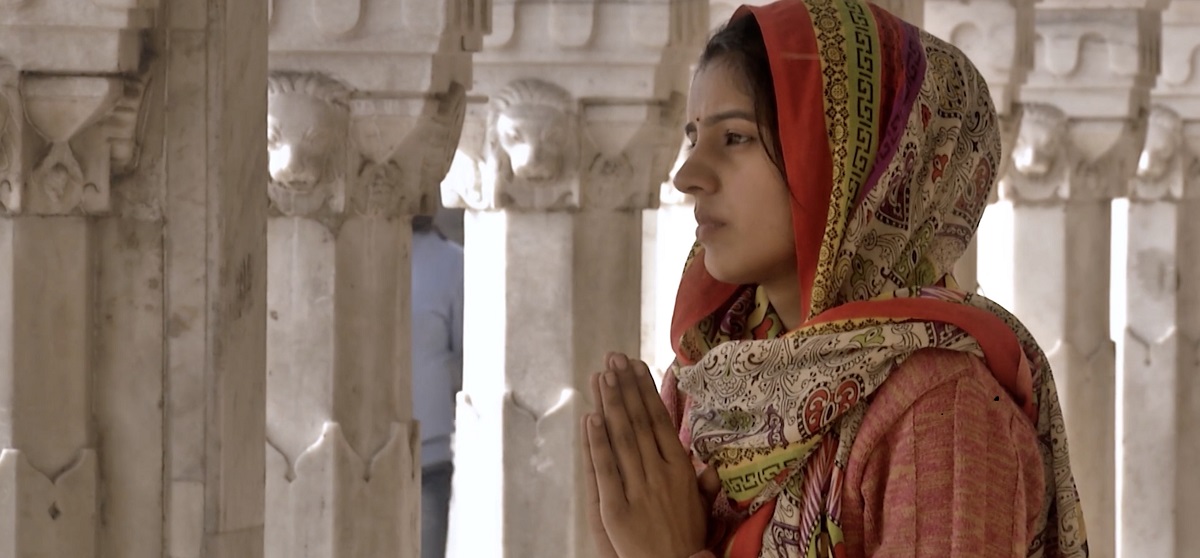How does faith fit in societies around the world?

Photo by Diego D’Innocenzo
May 15, 2020
A new film explores the connections between religious diversity, radicalization and the governance of religion.
In the late 1950s, tens of thousands of Buddhists from Tibet arrived as refugees and settled in the northeast corner of India. Today, their community is flourishing. Citizens can preserve their ancient language and culture and practice their faith freely while they participate in the broader society.
Eastern Orthodox Christianity has been Bulgaria’s official religion since the ninth century, influencing all aspects of society until communist rule in the 20th century forced secularization, causing many to lose their faith. In 1991, a new constitution officially declared the Republic of Bulgaria a secular state, but also recognized Eastern Orthodox Christianity as its traditional religion.
In the United Kingdom, the 2010 Equality Act guaranteed freedom of religious belief, yet officially recognized only religions that met certain criteria. While the practice of Christianity is on the decline in the U.K., Islamophobia is on the rise. The Muslim community, which represents the second largest faith group in the country after Christianity, is under pressure to increase cross-cultural understanding.
The many ways that countries respond to the tensions between religious diversity and state are explored in the 60-minute film, Religion and Society (external link, opens in new window) . Through the film, we are introduced to individuals from seven vastly different societies who must negotiate the shared challenge of needing to belong to a religious faith and, at the same time, to a larger civil society.
“Religion and Society provides a sampling of experiences from four continents to investigate the idea of belonging, religious identity and the limits of secularism,” says Anna Triandafyllidou, Canada Excellence Chair in Migration and Integration at Ryerson University. “We see that while there are many different religions and very different countries, faith drives many individuals to make even stronger bonds to the larger society than the average citizen. The film helps us to understand that it is not as important for states to be secular for the sake of neutrality, but more to embrace religious difference for all the good that it does.”
The film, for which Triandafyllidou is lead scientific advisor and project coordinator, is part of the GREASE Project (external link, opens in new window) , a Horizon 2020 European Union-funded research consortium addressing radicalization, secularism and the governance of religious diversity. A companion film, Countering Religious Extremism (external link, opens in new window) , introduces six intervention programs taking place around the world that are working to prevent religiously inspired radicalization and to build resilience in communities.
Country indicators
The GREASE project has compiled reports on 23 countries throughout Europe, Asia, the Middle East and North Africa. The reports provide a profile on the norms, laws and practices that are or are not helpful in accommodating religious minorities and migrants and in preventing religious radicalization. In late spring 2020, the consortium will release a set of indicators based on this research. The indicators will help to reveal differences and similarities among countries, and insights that can inform policies for the governance of religion as well as intervention practices to counter radicalization.
Connections to CERC Migration
Through its research theme the Politics and Narratives of Migration (opens in new window) , the CERC Migration program investigates the effectiveness of policies and practices supporting multiculturalism in Canada. To better understand Canada’s relative position in the world in terms of how it governs religious diversity, the CERC team is compiling a comparative set of indicators to be ready in early fall 2020.
More information on the GREASE project can be found at http://grease.eui.eu/ (external link, opens in new window) .